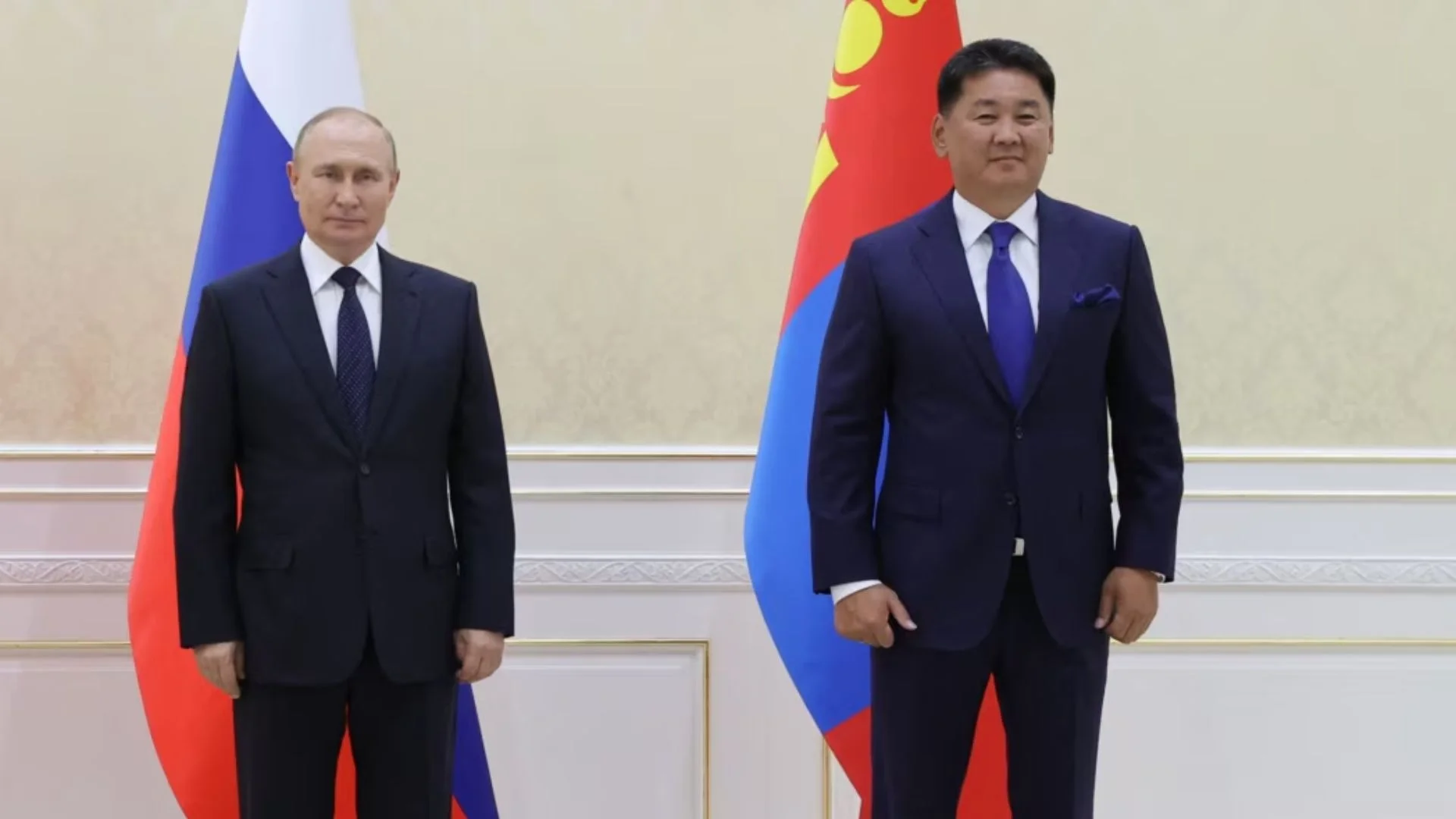Russian President Vladimir Putin’s visit to Mongolia has stirred controversy, as Ulaanbaatar faces scrutiny over its obligations under international law. Arriving on September 2, 2024, Putin’s presence in Mongolia—a country bound by an active arrest warrant from the International Criminal Court (ICC)—has raised concerns about Mongolia’s compliance with the Rome Statute.
Mongolia’s ICC Obligations
Under the Rome Statute, member states, including Mongolia, are required to arrest individuals indicted by the ICC. In March 2023, the ICC issued a warrant for Putin, accusing him of war crimes related to the deportation of Ukrainian children to Russia. This warrant marks a historic move, targeting a sitting leader of one of the five permanent UN Security Council members. Mongolia’s decision to host Putin is thus seen as a significant legal and diplomatic dilemma.
Responses and Reactions
Ukrainian officials and international human rights groups have expressed disappointment. Ukrainian Foreign Ministry spokesperson Heorhiy Tykhyi criticized Mongolia’s actions as a blow to the ICC, while Amnesty International’s Altantuya Batdorj warned that providing refuge to Putin could imply complicity in serious crimes. Despite these concerns, there is no indication that Mongolia intends to detain the Russian leader.
Purpose of Putin’s Visit
Putin’s visit coincides with the 85th anniversary of the Battle of Khalkhin Gol and the 75th anniversary of Mongolia’s national railway operator, a key project involving Russia. The visit also ties into Russia’s broader strategy to bolster energy ties with China through the proposed Power of Siberia 2 pipeline.
Mongolia’s Geopolitical Position
Mongolia’s reliance on Russia for energy and infrastructure, coupled with its strategic location between Russia and China, complicates its foreign policy. The country’s “Third Neighbour” policy aims to balance relations with external powers, but hosting Putin may strain its Western partnerships and impact its international standing.
Putin’s visit underscores Mongolia’s challenging position at the crossroads of international obligations and geopolitical dependencies. The situation highlights the limitations of the ICC’s enforcement capabilities and raises questions about Mongolia’s role in international justice and diplomacy.







